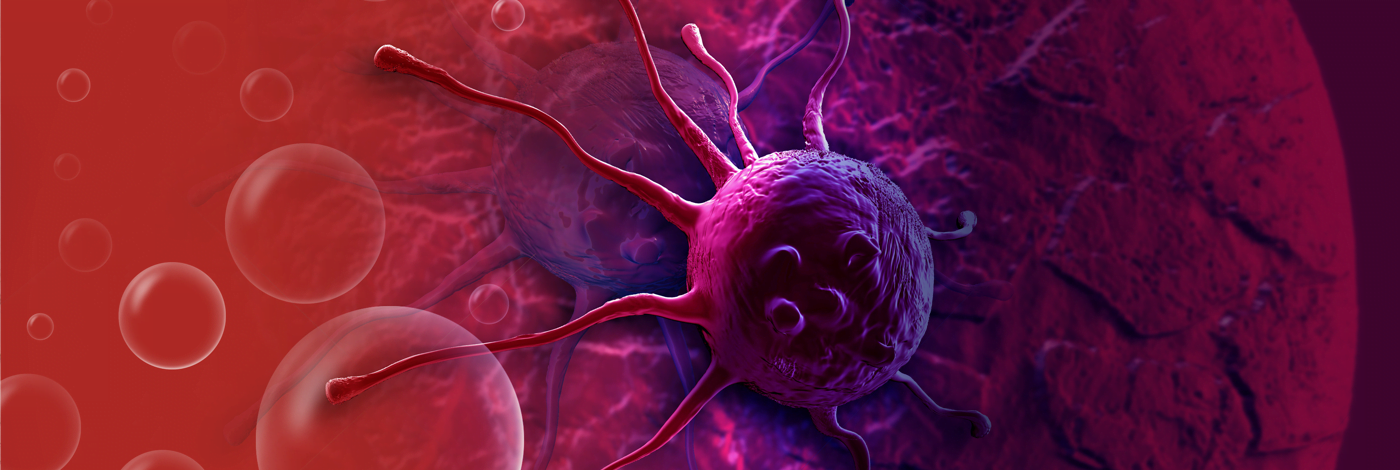By Moiz Khan
Cancer is a group of diseases characterized by the uncontrolled growth and spread of abnormal cells in the body. Normally, cells in the body grow and divide in a controlled way. Still, in cancer cells, the mechanisms that control this growth and division process are disrupted, leading to the formation of tumours or abnormal masses of tissue.
There are many types of cancer, each with its own characteristics and treatment options. Some common types of cancer include breast, lung, prostate, and colon cancer, but there are many others. The causes of cancer are complex and can be influenced by a variety of factors, including genetic mutations, environmental exposures, lifestyle choices, and other factors. Treatment for cancer can involve a range of approaches, including surgery, radiation therapy, chemotherapy, immunotherapy, and other types of targeted therapies.
Causes
The causes of cancer are complex and can be influenced by various factors, including genetic mutations, environmental exposures, lifestyle choices, and other factors. Here are some of the known causes of cancer:
- Genetic mutations: Changes or mutations in specific genes can increase the risk of developing cancer. Some of these mutations may be inherited from a person’s parents, while others may occur spontaneously during a person’s lifetime.
- Environmental exposures: Exposure to certain environmental substances, such as tobacco smoke, radiation, and certain chemicals, can increase the risk of developing cancer.
- Lifestyle factors: Certain lifestyle choices, such as unhealthy diet, lack of physical activity, and obesity, can increase the risk of developing cancer.
- Infections: Certain infections, such as human papillomavirus (HPV), hepatitis B and C, and human immunodeficiency virus (HIV), can increase the risk of developing certain types of cancer.
- Age: The risk of developing cancer increases with age as cells become more susceptible to genetic mutations and other changes over time.
- Family history: People with a family history of certain types of cancer, such as breast cancer or colorectal cancer, may be at increased risk of developing those cancers themselves.
It’s important to note that not all cancer cases can be attributed to a specific cause, and many cases result from a complex interplay of multiple factors.
Acquire our monthly English and Urdu magazine promptly by accessing the Daraz App hyperlink!
https://www.daraz.pk/shop/3lyw0kmd
Treatment Options
There are several types of treatments available for cancer, and the specific treatment plan depends on the type and stage of cancer, as well as the overall health of the patient. Here are some of the most common treatments for cancer:
- Surgery: Surgery involves removing the tumour and surrounding tissue. It can be used to treat many types of cancer, especially those that are localized and have not spread to other parts of the body.
- Radiation therapy: Radiation therapy uses high-energy rays to kill cancer cells. It can be used alone or in combination with other treatments, such as surgery or chemotherapy.
- Chemotherapy: Chemotherapy involves using drugs to kill cancer cells. It can be given orally or intravenously and is usually combined with other treatments.
- Immunotherapy: Immunotherapy uses the body’s immune system to fight cancer. It works by stimulating the immune system to attack cancer cells or blocking the mechanisms cancer cells use to evade the immune system.
- Targeted therapy: Targeted therapy uses drugs that target specific proteins or other molecules involved in cancer cell growth and spread. These drugs can be used alone or in combination with other treatments.
- Hormone therapy: Hormone therapy is used to treat cancers that are sensitive to hormones, such as breast cancer and prostate cancer. It works by blocking the production or action of certain hormones that can promote the growth of cancer cells.
- Bone marrow transplant: A bone marrow transplant is a procedure in which diseased bone marrow is replaced with healthy bone marrow. It is used to treat certain types of cancer, such as leukaemia and lymphoma.
In conclusion, cancer is a complex disease that can be influenced by a variety of factors, including genetic mutations, environmental exposures, lifestyle choices, infections, age, and family history. While there is no one-size-fits-all treatment for cancer, a range of options is available, including surgery, radiation therapy, chemotherapy, immunotherapy, targeted therapy, and bone marrow transplants. Early detection and timely treatment are crucial in improving outcomes and increasing the chances of survival. With ongoing research and advancements in cancer treatment, there is hope for a future where cancer is no longer a life-threatening disease.
Read More:
















